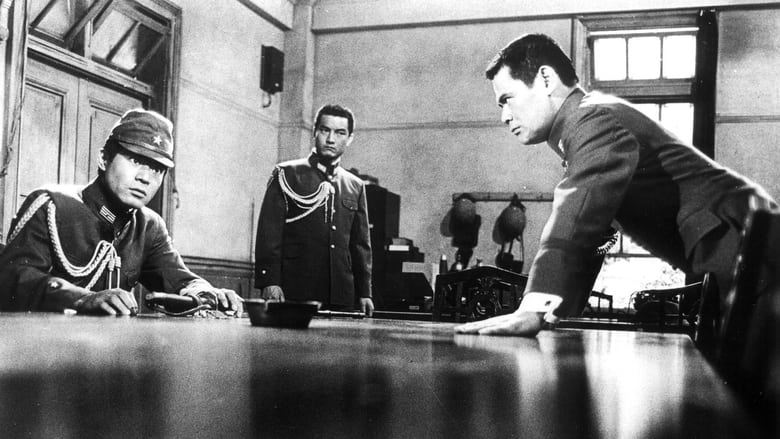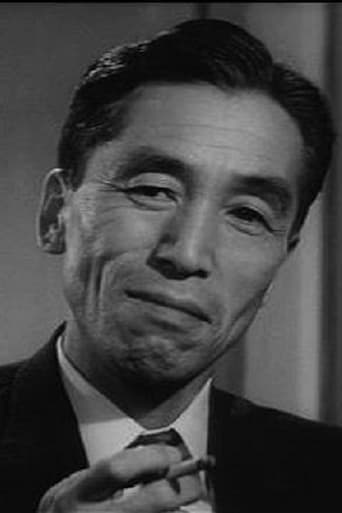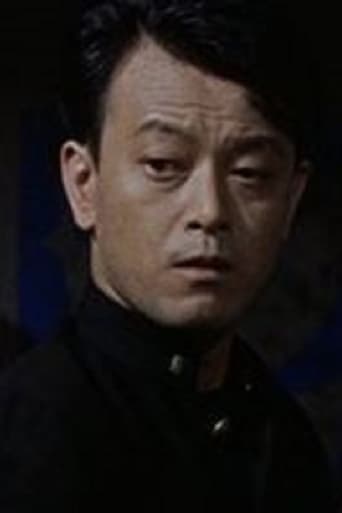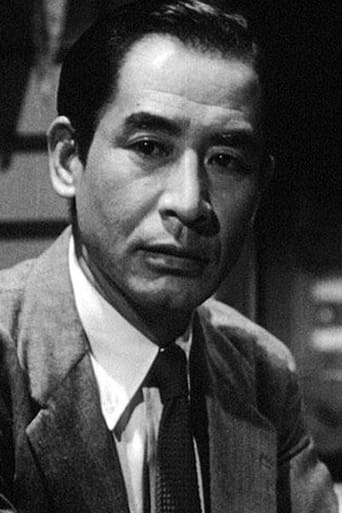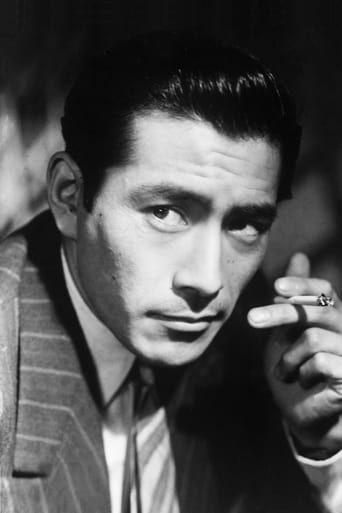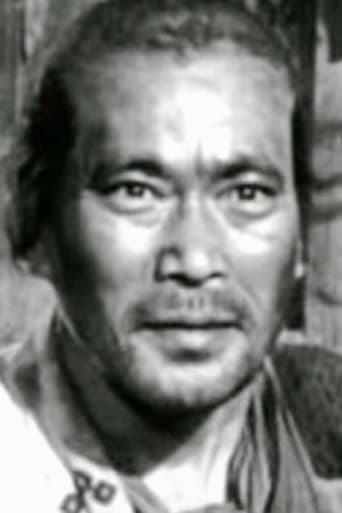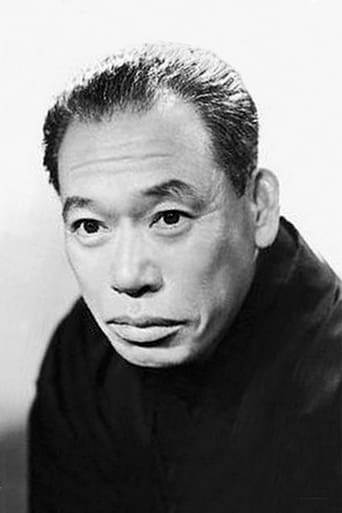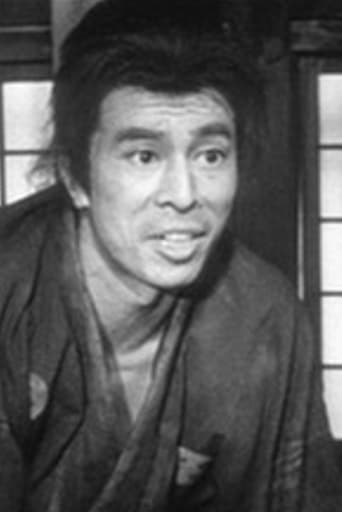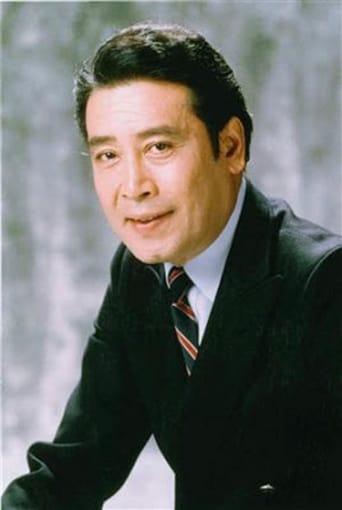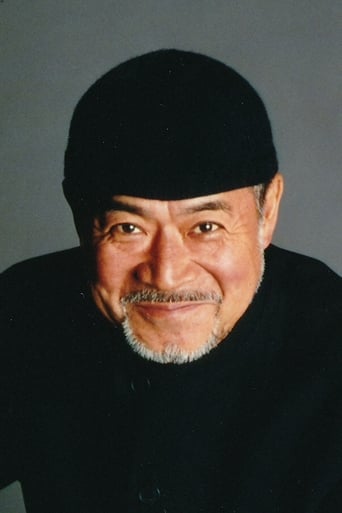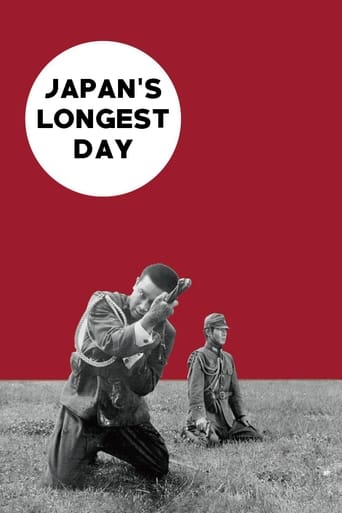
Japan's Longest Day
March. 26,1968Following the detonation of the atomic bombs on Hiroshima and Nagasaki, the Japanese military and the government clash over the demand from the Allies for unconditional surrender. Minister of the Army Anami leads the military officers who propose to fight on, even to the death of every Japanese citizen. Emperor Hirohito, however, joins with his ministers in asking the unthinkable, the peaceful surrender of Japan. When the military plots a coup to overthrow the Emperor's civilian government, Anami must face the choice between his desires and loyalty to his Emperor.
Similar titles
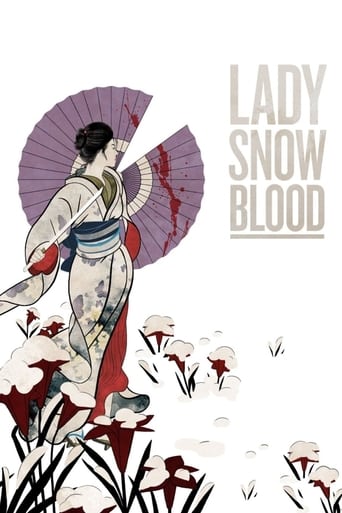
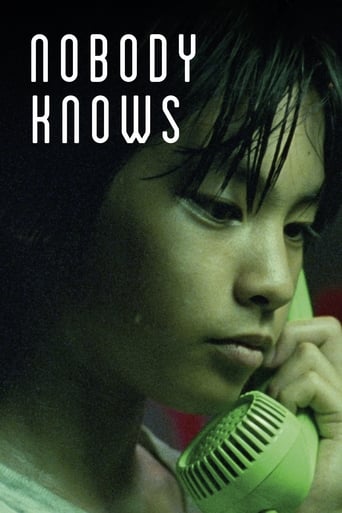
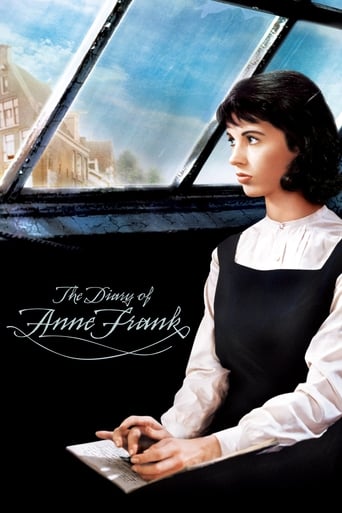
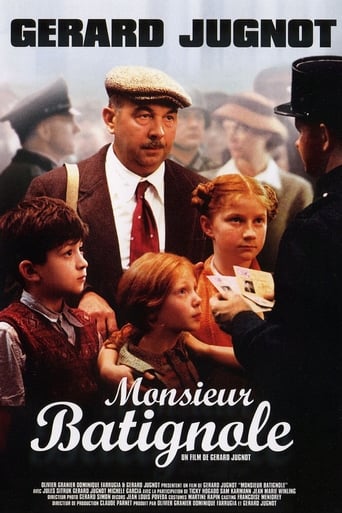
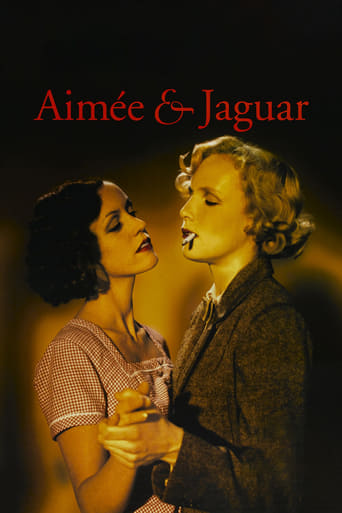
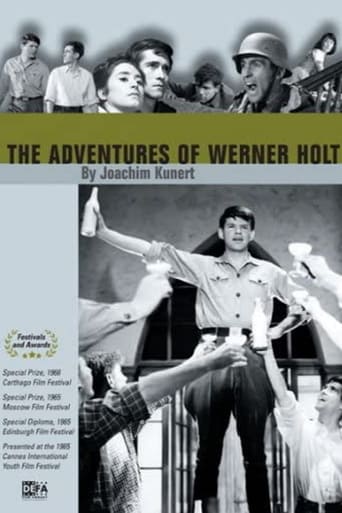
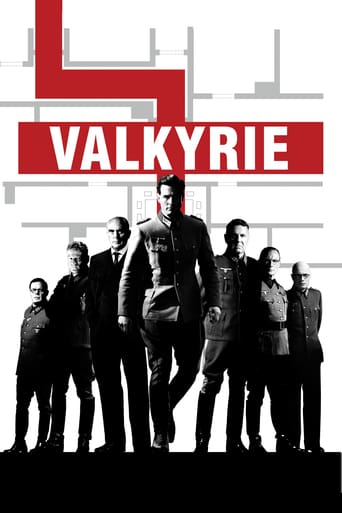
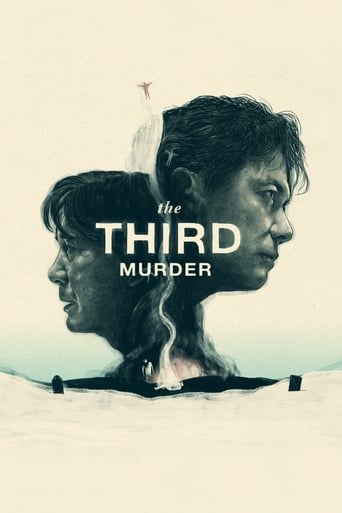
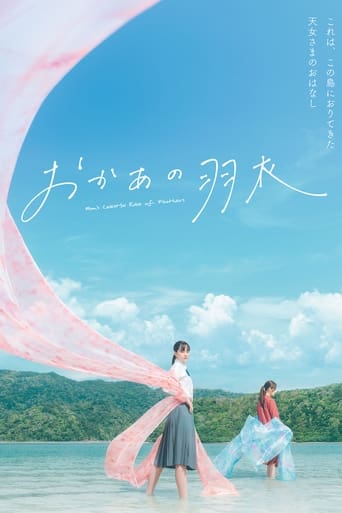
Reviews
the audience applauded
All of these films share one commonality, that being a kind of emotional center that humanizes a cast of monsters.
Amazing worth wacthing. So good. Biased but well made with many good points.
Through painfully honest and emotional moments, the movie becomes irresistibly relatable
Viewed on DVD. This is a daunting and action-packed drama featuring just about every famous/notable Japanese screen/stage actor living at the time (mid 1960's) plus one actress! A simply fascinating depiction of what might have gone on behind the scenes on the day of Japan's unconditional surrender (in 1945). It is a powerful antiwar film. A rich and well crafted script is combined with superb directing and some of the best screen acting since sound was introduced into Japanese movies. Cinematography and film score are extremely good. There are two choices of subtitle length: full and truncated. Chose the former (as need be) and just read faster to maximize the dramatic impact. A must see. WILLIAM FLANIGAN, PhD.
By mid-August 1945 Japan's leaders knew that defeat in the "Greater East Asia War" was inevitable. The fire-bombings of Tokyo, the deployment of atomic bombs against Hiroshima and Nagasaki, and the Soviet Union's entry into the war against Japan underscored this reality. Yet there were two major impediments to Japan's surrender: bureaucratic paralysis and a looming coup attempt from within the armed forces. The first half of Japan's Longest Day chronicles the first of these obstacles with a high degree of historical accuracy (compare with Tsuyoshi Hasegawa's non-fiction book "Racing the Enemy," published in 2005). Chishu Ryu, Toshiro Mifune, and Takashi Shimura, familiar faces from many Yasujiro Ozu and Akira Kurosawa movies, portray members of Japan's divided cabinet with dignity and gravitas. Unfortunately, the second half of the movie unfolds more slowly than the first despite a great deal of shouting and violence during the coup attempt, and the script makes little attempt to situate the would-be army revolt in a philosophical or historical context. The film's final moments slip even further into myopia: Japan's military and civilian deaths are tallied, but no mention is made of the millions of deaths inflicted by Japan's armed forces in Asia. Despite these shortcomings, Japan's Longest Day is well worth watching for those with an interest in Japanese cinema or the end of World War II in the Pacific.
What is a soldier, who has been told from first day of his enlistment that surrender is not only unacceptable but is treason, to do when he learns that his government, including his own military superiors, are going to surrender? This movie pulls no punches in showing what happened when that exact scenario occurred in Japan in the closing days of World War Two. The two words that can best describe how the Japanese soldiers must have felt are betrayal and despair. The movie further underscores the essential hypocrisy of the Japanese imperial leadership and the sudden realization that everything they had been spouting about the Bushido spirit was just hot air, mere hyperbole. As the movie so graphically shows, the junior Japanese officers who revered their generals simply could not accept what seemed to them a shameless repudiation of principles that they were told were sacrosanct. The movie is excellent for several reasons: first, it tells a compelling story; second, it has an all-star cast; third, it is structured as a documentary; fourth, the story is candidly and forthrightly portrayed; fifth, the movie has excellent continuity; sixth, it avoids becoming moralistic; and seventh, it educates the audience about a critical event in history.
I had thought the title of this one was an American invention to capitalize off of the American film The Longest Day, but I do believe "Japan's Longest Day" is the actual title. It has nothing to do with the other film. It, in fact, depicts perhaps the most tense day in modern Japanese history, the 24 hours between August 14th and 15th, 1945. The simplified version of WWII history has the Japanese quickly surrendering with their tales between their legs after the Allies dropped the bomb on Hiroshima and Nagasaki, but a nation so wound up in nationalistic and militaristic pride wasn't ready to give up that easily. The film doesn't depict the citizenry one could imagine they would be mostly sick of war. But the military certainly was ready to go all the way, to have every person in Japan martyred. Emperor Hirohito, who is supposed to be looked upon as divine by his people, decided that his empire must surrender. Many of the heads of military only agree grudgingly. Many of their underlings rebel. Hirohito makes a recording of his surrender message, to be played at noon on the 15th. A group of soldiers tries to rally others not to listen, and they attempt a coup and try to steal the record. The film is long 2 hours and 37 minutes. We are given the names of every single character in the film I would venture to guess that over 100 names are thrown at us over the film, right up until the end. It's difficult to follow, but I don't believe it's necessary to understand every nuance of what was happening. The previous year, Kihachi Okamoto made what is probably his best (and best-known) film, Sword of Doom. Why choose him for this project? Well, there is at least one scene where that is pretty much answered (just remember that the Japanese soldiers still had samurai swords). Really, though, I don't think the direction is that impressive. As a film, it's nothing fantastic. But for the depiction of the minutiae of history, it's well worth watching. Toshiro Mifune, Takashi Shimura and Chishu Ryu all have large roles, but I honestly didn't even recognize them. They fade into these historical characters perfectly.
Top Streaming Movies











